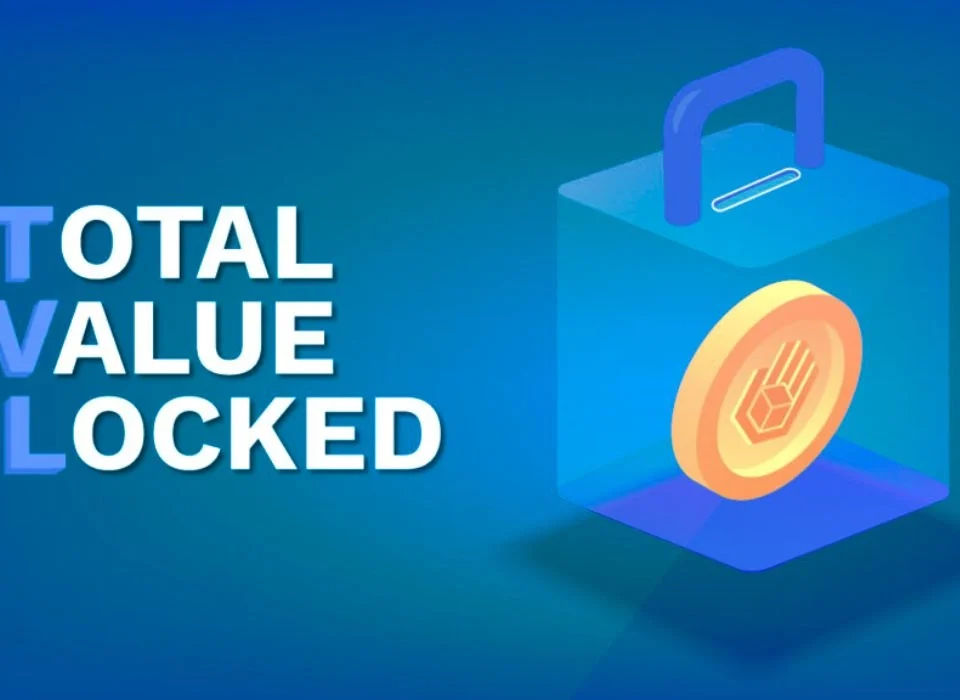
The Role of NFTs in the Cryptocurrency Ecosystem
18/05/2024
Ethereum Price Surges Above $3.1K Following Unexpected Regulatory Win
18/05/2024How to Use Decentralized Exchanges (DEXs)
Decentralized Exchanges (DEXs) have become increasingly popular in the cryptocurrency space, offering a more secure and private way to trade digital assets compared to traditional centralized exchanges (CEXs). Understanding how to use DEXs can empower you to take full control of your trading activities, avoid third-party intermediaries, and enhance your privacy. In this article, we will explore what DEXs are, how they work, and provide a step-by-step guide on how to use them effectively.
What are Decentralized Exchanges?
Decentralized Exchanges (DEXs) are platforms that facilitate the trading of cryptocurrencies directly between users (peer-to-peer) without the need for a centralized authority or intermediary. Unlike centralized exchanges, DEXs do not hold users’ funds or personal information. Instead, trades are executed via smart contracts on a blockchain, ensuring transparency, security, and privacy.
Benefits of Using DEXs
- Security: Since DEXs do not hold your funds, the risk of hacking and theft is significantly reduced. Users maintain control of their private keys and assets throughout the trading process.
- Privacy: DEXs typically do not require extensive personal information or KYC (Know Your Customer) procedures, offering a higher level of privacy.
- Control: Users retain full control over their assets and transactions, reducing dependency on third parties.
- Transparency: All transactions on a DEX are recorded on the blockchain, ensuring full transparency and auditability.
- Access to a Wide Range of Tokens: DEXs often list a broader range of tokens, including many that are not available on centralized exchanges.
How Do DEXs Work?
DEXs operate using smart contracts—self-executing contracts with the terms of the agreement directly written into code. These smart contracts facilitate the trading process by automatically matching buyers and sellers, executing trades, and transferring funds.
There are two main types of DEXs:
- Order Book DEXs: These operate similarly to traditional exchanges, with an order book that records all buy and sell orders. Users place orders which are then matched by the DEX. Examples include 0x and Loopring.
- Automated Market Makers (AMMs): Instead of using an order book, AMMs rely on liquidity pools to facilitate trades. Users trade against the liquidity in these pools, which is provided by other users who earn fees in return. Popular AMMs include Uniswap, SushiSwap, and PancakeSwap.
Step-by-Step Guide to Using DEXs
- Set Up a Wallet To use a DEX, you need a cryptocurrency wallet that supports decentralized applications (dApps). Popular choices include MetaMask, Trust Wallet, and Coinbase Wallet.
- Download and Install: Download the wallet app from a trusted source and follow the installation instructions.
- Create a New Wallet: If you don’t have a wallet, create a new one. Ensure you back up your seed phrase securely; this is crucial for recovering your wallet if needed.
- Fund Your Wallet: Transfer the cryptocurrency you wish to trade (e.g., ETH for Ethereum-based DEXs or BNB for Binance Smart Chain-based DEXs) into your wallet.
- Connect Your Wallet to the DEX
- Visit the DEX Website: Navigate to the official website of the DEX you want to use (e.g., Uniswap, SushiSwap, PancakeSwap).
- Connect Wallet: Click on the “Connect Wallet” button and follow the prompts to connect your wallet. Ensure you are on the correct network (Ethereum, Binance Smart Chain, etc.).
- Explore the Trading Interface
- Select Tokens: Choose the tokens you want to trade. Typically, you will select a token to swap from (the one you have) and a token to swap to (the one you want to receive).
- Enter Trade Amount: Specify the amount of the token you want to trade. The DEX will automatically calculate the equivalent amount of the target token based on current market rates.
- Review and Execute the Trade
- Check Slippage: Slippage refers to the difference between the expected price of a trade and the actual price when the trade is executed. Set an acceptable slippage tolerance (usually found in the settings).
- Review Transaction Details: Ensure all details are correct, including the tokens, amounts, and fees.
- Confirm the Trade: Click “Swap” or “Trade” and confirm the transaction in your wallet. The trade will be executed via a smart contract, and the tokens will be transferred to your wallet.
- Add Liquidity (Optional) If you want to earn fees by providing liquidity, you can add your tokens to a liquidity pool.
- Select Liquidity Pool: Choose a pair of tokens and the corresponding liquidity pool.
- Provide Liquidity: Enter the amount of each token you want to add to the pool. The DEX will show you the pool share and the potential earnings.
- Confirm Transaction: Confirm the transaction in your wallet. Your tokens will be locked in the pool, and you will receive liquidity provider (LP) tokens representing your share.
- Monitor and Manage Your Investments
- Track Your Trades: Use your wallet or DEX interface to monitor your trades and liquidity positions.
- Manage Risks: Keep an eye on market conditions and adjust your positions as needed to manage risk and optimize returns.
Conclusion
Using decentralized exchanges (DEXs) can provide greater security, privacy, and control over your cryptocurrency trades. By following the steps outlined in this guide, you can effectively navigate the world of DEXs, making informed decisions and maximizing the benefits of decentralized finance. As with any investment, always conduct thorough research and stay informed about the latest developments in the cryptocurrency ecosystem to ensure a safe and profitable trading experience.
Links:



